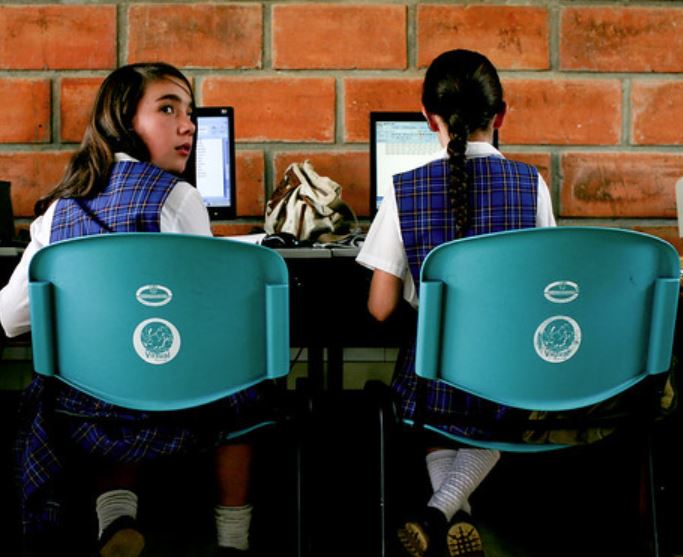


Schools Face Five Areas of Technological Risk
This article is written by attorney David Wolowitz, co-chair of the Education Law Group of McLane Middleton, P.A., with offices in New Hampshire and Massachusetts. While written for Wolowitz’ independent schools, it’s equally applicable to public, parochial and charter schools.
Strong digital use policies, trainings and behavioral standards
can protect schools from these emerging technology related risks.
Just as technology has transformed classroom learning and independent school operations, so too has it opened up areas of risk. Given that schools’ reliance on technology will continue to grow, it’s important that school leaders review their processes to ensure they mitigate risk in these key areas. These measures are by no means exhaustive, and school should seek consultants as appropriate.
Mishandling Litigation Holds
We live in an age of increased threats of litigation. As the use of technology has spread to every aspect of our lives, litigation practices have evolved to include so-called “litigation holds.” When a school faces a threat of litigation, it is now common practice for the opposing attorney to issue a directive to the school to secure all electronic data potentially related to the matter. This means that all relevant email, texts, electronic files, etc. on school and personal devices must be isolated and preserved. Failure to do so can have severe legal and financial consequences. Courts have ruled that failure to preserve evidence pursuant to a litigation hold can result in a presumption that the missing evidence would have been favorable to the other side. Additionally, courts have ordered entities that fail to preserve electronic data to pay the costs of electronic searches performed by third party experts. These costs can be tens of thousands of dollars and may not be covered by insurance.
Schools should prepare in advance with their IT support and attorneys for possible litigation holds. Schools should include in their employment policies information about storing and preserving electronic data relating to school business. Employee training about appropriate use of technology should include information about the potential of a litigation hold and the duty to cooperate.
Student–Student “Sexting”
Any students who have smart phones are susceptible to creating, sending or receiving graphic sexual images. The issue is so common that the term “sexting” was coined to describe the activity. The legal issues related to sexting are complex. For example, there have been criminal prosecutions of students for transmitting or receiving child pornography.
Schools should educate students about the appropriate use of technology and the associated risks of sexting. Schools should also have protocols in place for handling devices or electronic messages that contain suspected sexting. Destroying, copying or forwarding what may be child pornography can violate state and federal criminal laws and put teachers or administrators at legal risk of prosecution. Key administrators should be trained in how to respond to suspected sexting, including reporting obligations, notification of police, parental notification and supporting impacted students.
For the rest, please click here.
Photo credit: World Bank Photo Collection on Visual Hunt / CC BY-NC-ND